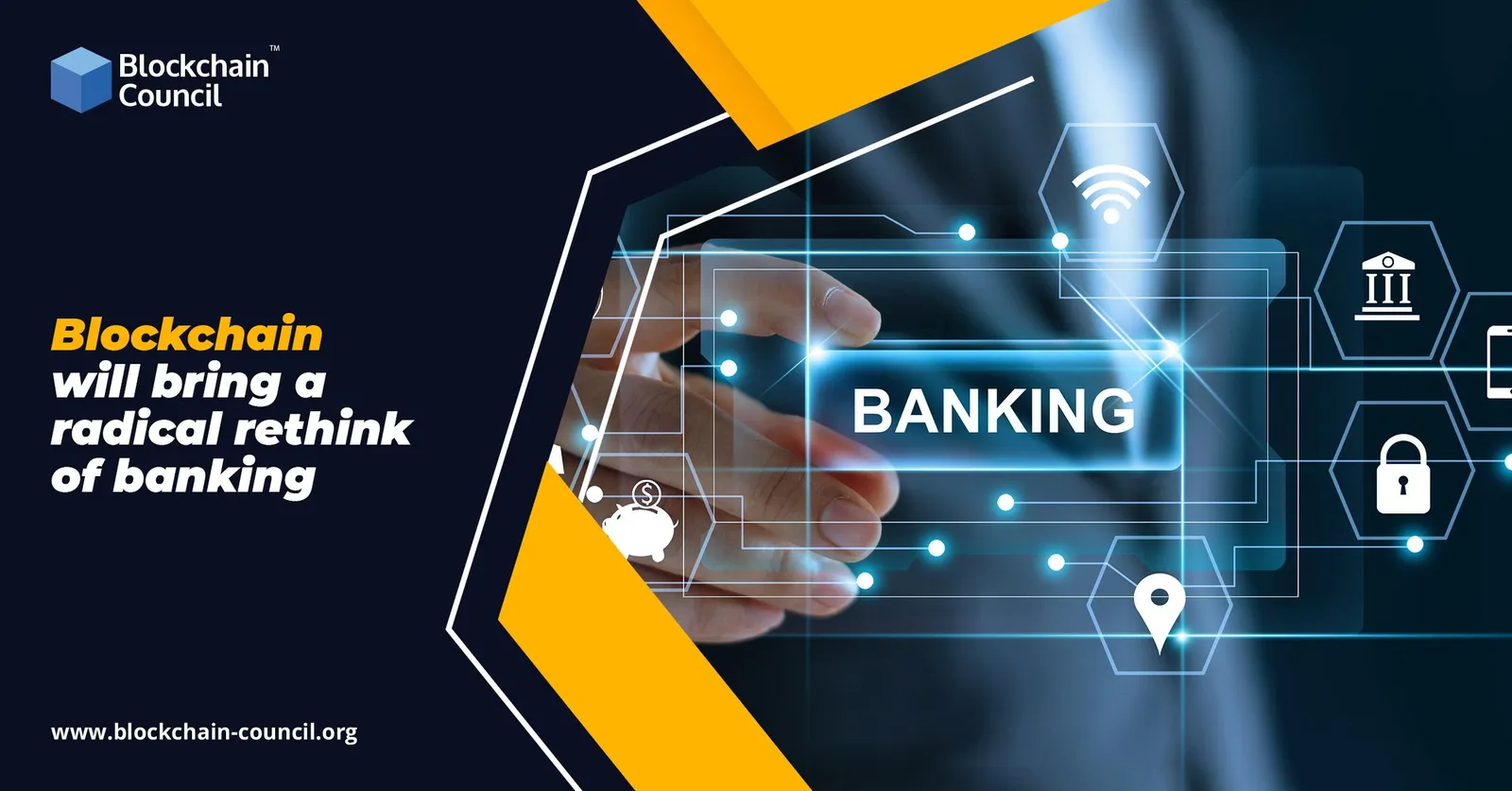Blockchain will bring a radical rethink of banking
The blockchain is transforming the speed and reliability of transactions. While the technology is still in its early stages, it has the potential to positively impact a wide variety of industries and sectors, including finance, commerce, healthcare, insurance, and government.
Banking is likely to benefit the most from integrating blockchain into its business operations. Blockchain technology turns the paper-intensive international trade finance system into an electronic decentralised ledger that gives all parties concerned, including banks, access to a single source of data. They can also use a digital ledger to keep track of all records and check asset ownership in real time.
Furthermore, the blockchain will save banks crores of rupees by dramatically reducing transaction costs. Banks are ecstatic to be able to slash transaction costs and document handling. Implementing blockchain can help banks become more competitive and valuable.
The advantages of integrating blockchain into the banking infrastructure are various
Decentralization
The primary advantage of blockchain is that it enables individuals and companies to manage transactions without the intervention of a third party or a central bank. Several banks have begun to use the technology as a replacement for systems that rely on third-party transaction validation and intermediaries. Instead of a single central authority overseeing all, blockchain establishes a decentralised infrastructure by spreading power to all transaction chain peers.
Transparency
When data in a block is saved, it cannot be changed later – this means that the blockchain is inherently stable. Since it is shared by so many people and can be accessed by anyone who uses the device, it is difficult to shut down or hack. Blockchain does not have a single point of failure due to its decentralised nature, and therefore can withstand attacks more effectively.
Cost-effective
Using the distributed ledger approach to form a system that decentralises trust, banks can significantly reduce transaction fees by eliminating third-party intermediaries and overhead costs for exchanging money. The absence of the intermediary allowed procedures such as cross-border payments, settlement, and exchange to be performed faster, more efficiently, and at a lower cost.
Efficient
Since blockchain eliminates the possibility of duplication and glitches, it’s ideal for updating a wide range of digital processes. When intermediaries are removed, settlement and transaction times are reduced to seconds and minutes, respectively. Transactions can also be processed 24 hours a day, 7 days a week. Since blockchain allows banks to store data in tamper-proof blocks, it allows them to increase data agility and speed up KYC procedures.
Key takeaway
Blockchain was created as the backbone of the virtual currency Bitcoin. It turns out that the technology has a wide range of uses. Blockchain experts and platforms are in high demand, and more people are turning to blockchain councils to learn about the technology. It won’t be long before blockchain transforms the entire financial system.
#blockchain technology #blockchain professionals #blockchain platform #blockchain expert #blockchain council
